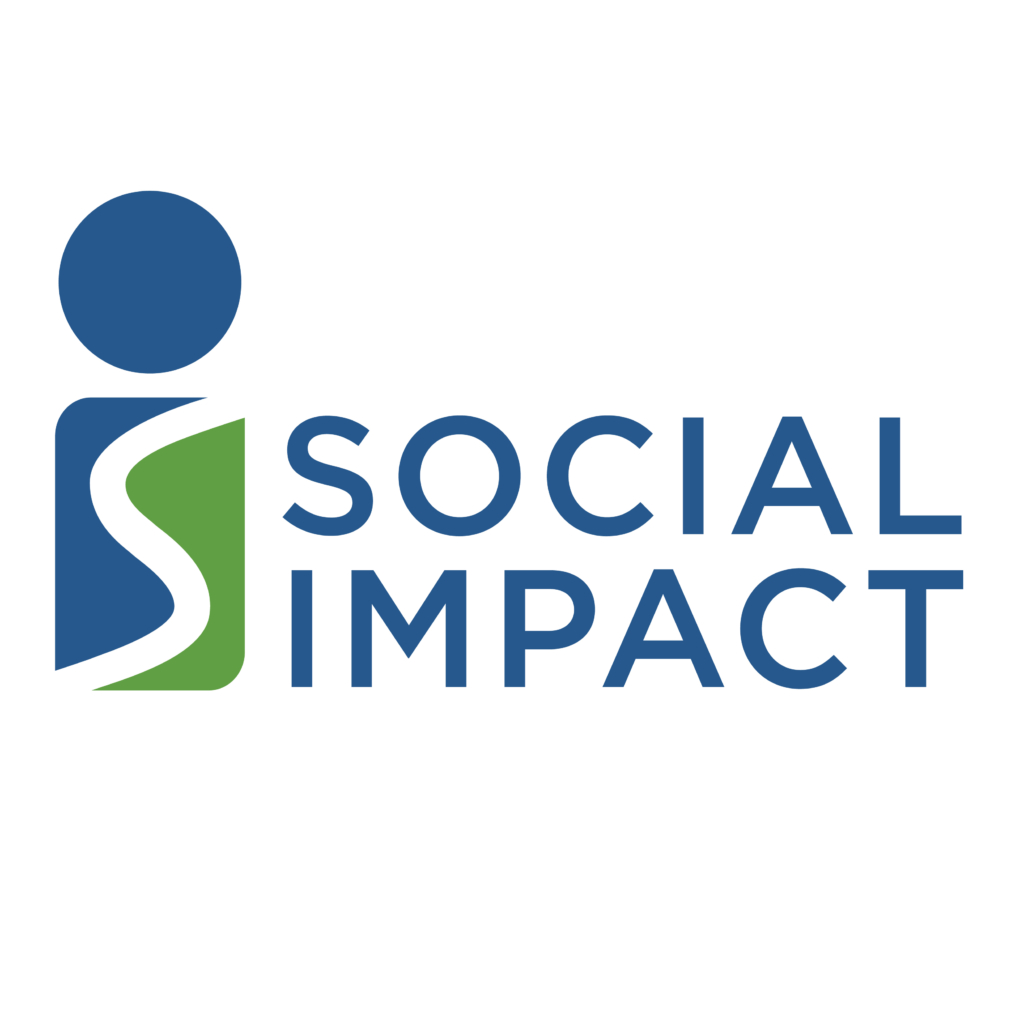The bipartisan Commission on Evidence Based Policymaking, a highly skilled group of academics, government and private sector actors recently released a report with key recommendations about how the US government could make better use of data, while still ensuring privacy protections can remain in place. They recommend improving secure, private and confidential data access, modernizing privacy protections for evidence building, and strengthening federal evidence building capacity, including appointing Chief Evaluation Officers in all Federal Agencies. The report is a comprehensive summary of some of the key actions that we can take in the US to better use data and expand our evidence base.
As an evaluator, my first thought is that these recommendations would go a long way to serving US citizens better. My second thought is, what might this mean for data in international development? Each year implementers, evaluators and US government agencies collect volumes of data from around the word. How could we adopt these recommendations and apply them to international development contexts?
I would advocate that we’ll likely need an equally deep look at how this could and should be done in the international context. Some considerations that come to mind:
- Aid agencies are collecting data. It is important to recognize the work being done by through the USAID Development Experience Clearinghouse and Development Data Library and the MCC Open Data Catalog. But it is critical to ensure that all federal agencies supporting international data collection have repositories for de-identified data and invest in curating and making meaning of these data.
- Agencies need data experts. We’ve seen USAID invest in data science officers to help make meaning from large volumes of static data – but where are other agencies and where is the cross-agency collaboration at the country and regional level? Where is the collaboration with host country governments to build this capacity to use data in a responsible and holistic way?
- Independent actors have a role to play in protecting data. How can we ensure data and evidence can be used to make better decisions while protecting privacy in the international context? Would there be independent review panels including US and non-US actors?
I am glad to see the high-level, bipartisan attention and engagement from think tanks like The Brookings Institution, American Enterprise Institute, and the Urban Institute. In a recent blog the Urban Institute wrote “the Commission’s recommendations are relevant to anyone who agrees that our national policies should be based on evidence and research.” I would add, these recommendations are relevant to foreign policy and development as well. I hope the leaders of the US aid agencies, development think tanks, evaluators and researchers will use this report as a springboard to reflect, engage, and improve evidence-based policymaking in international development.








